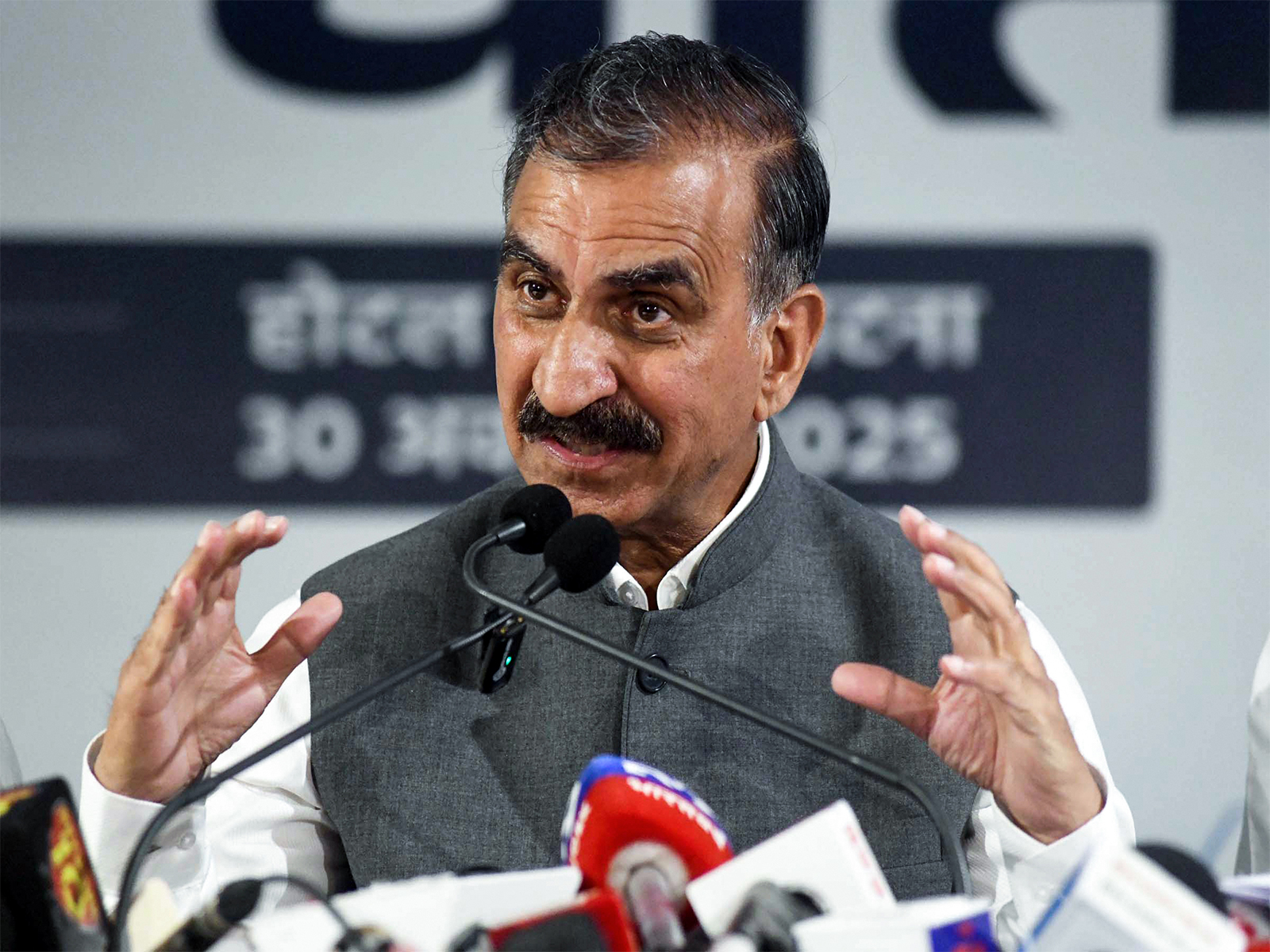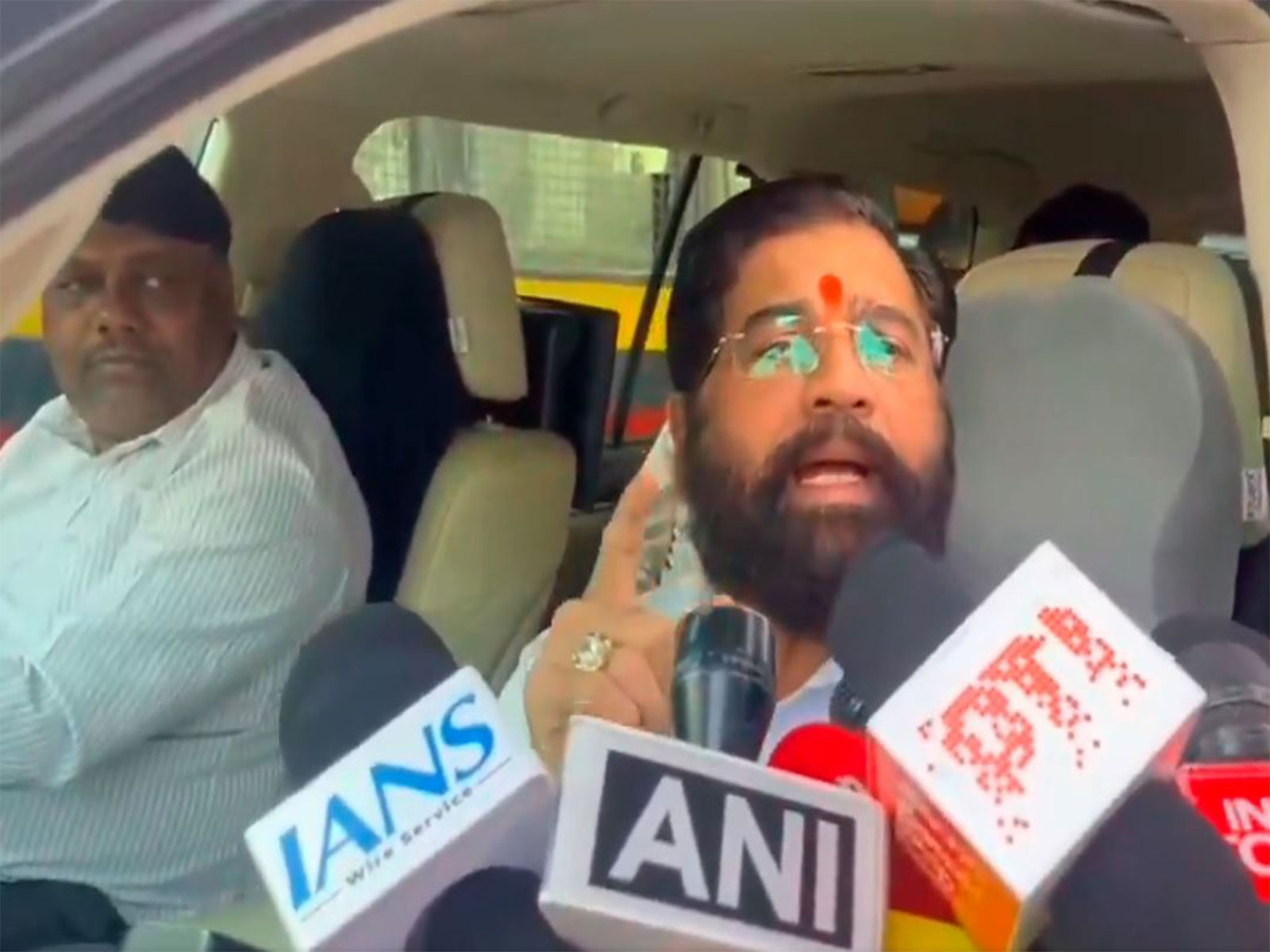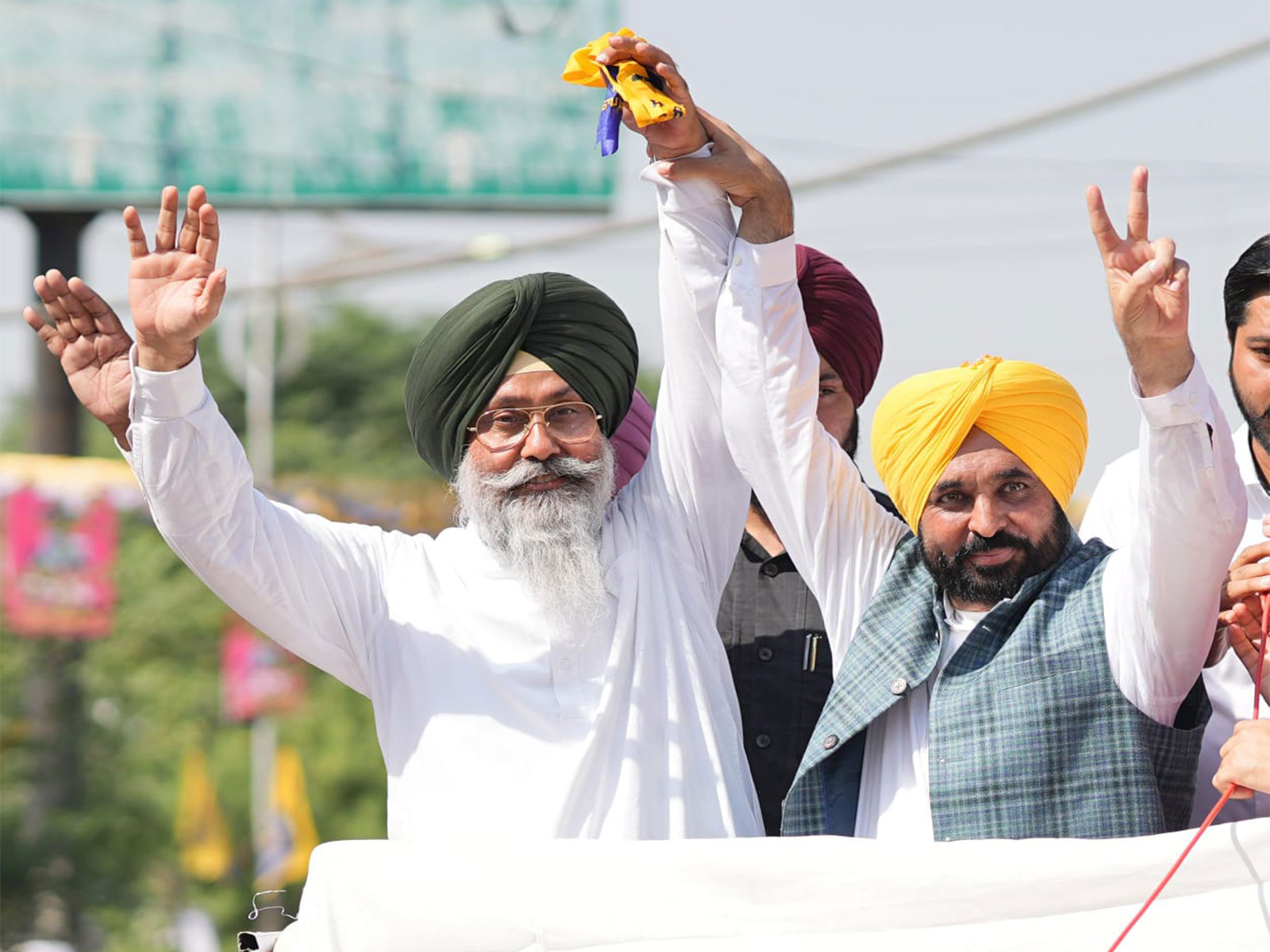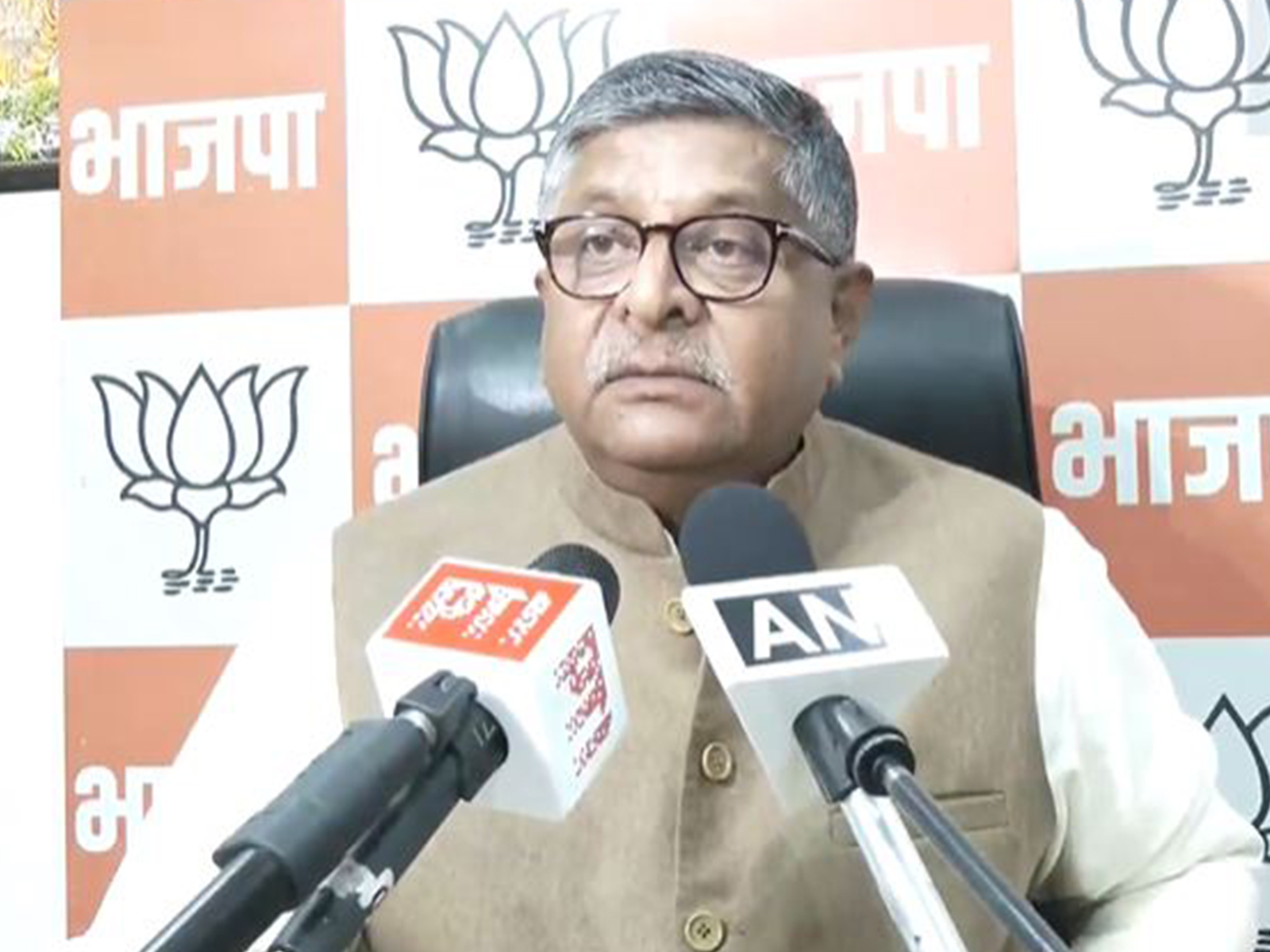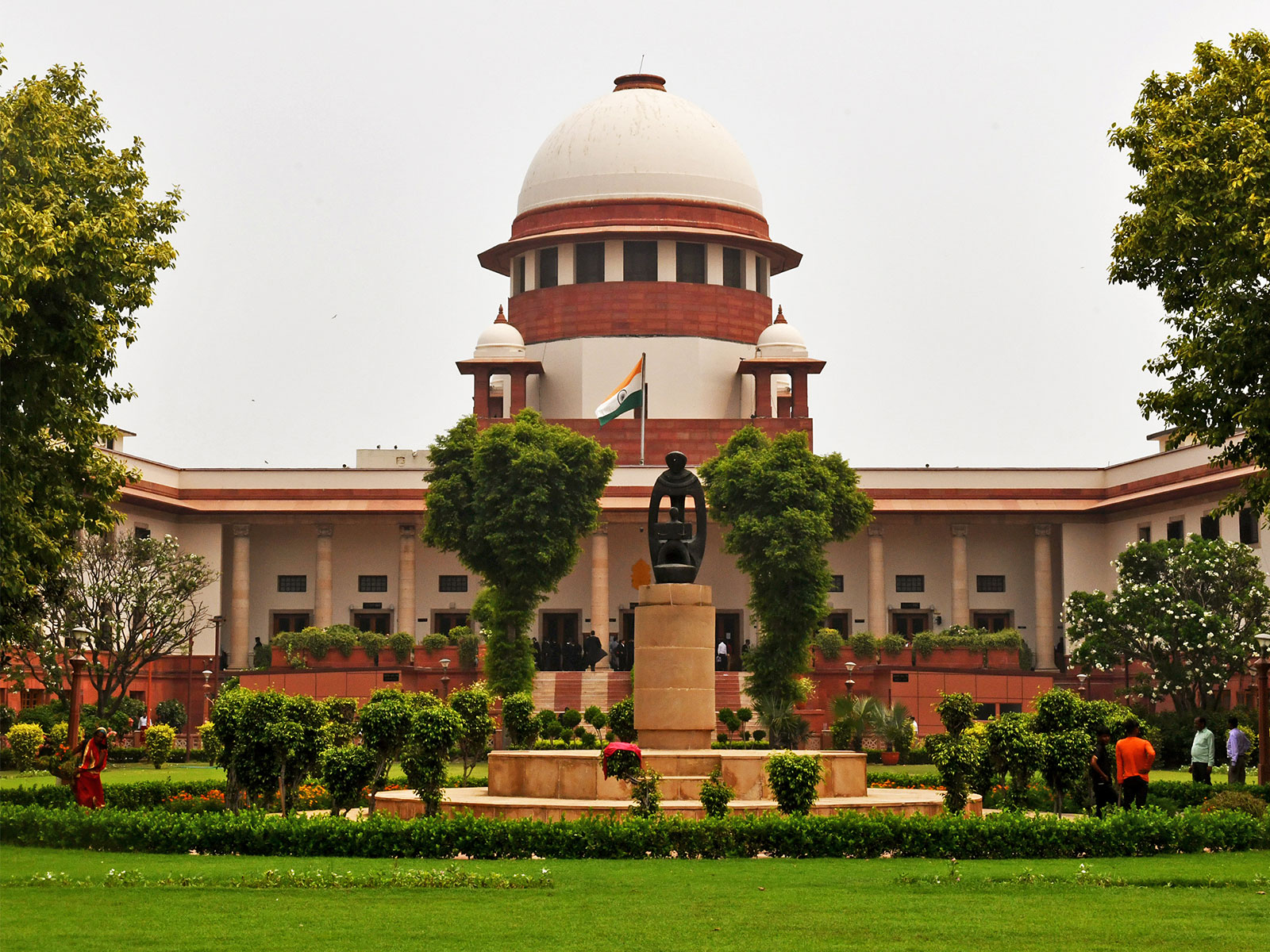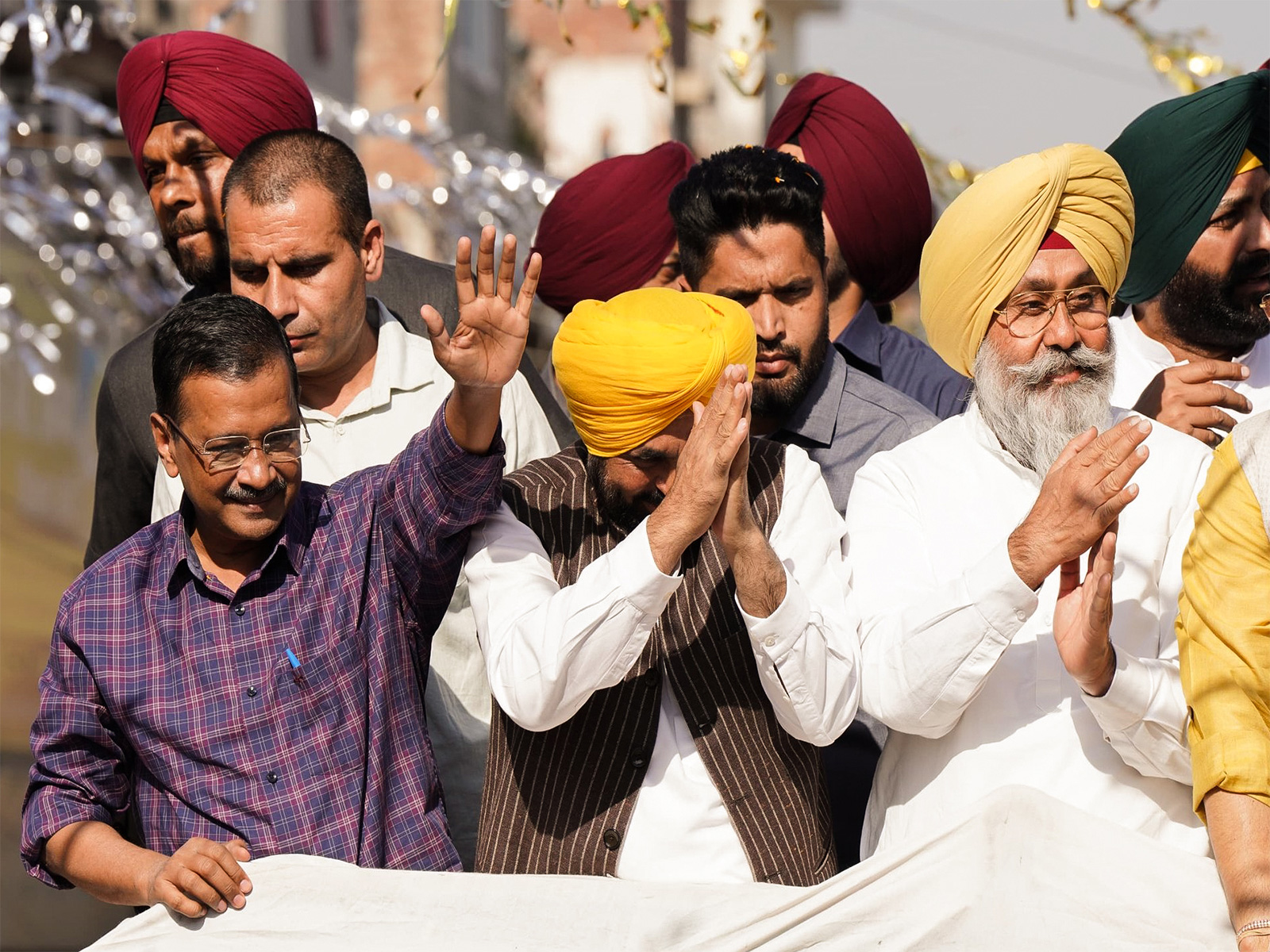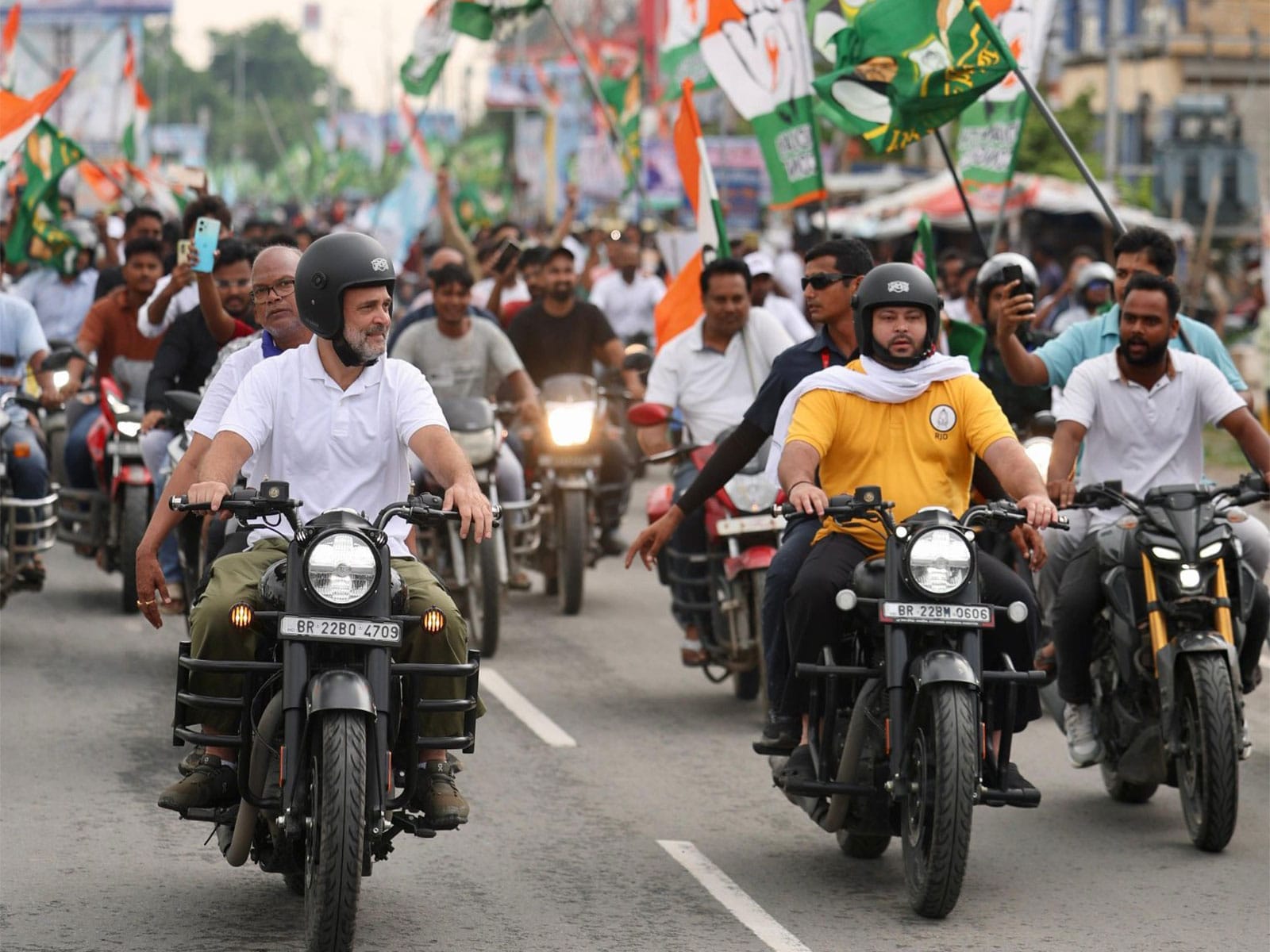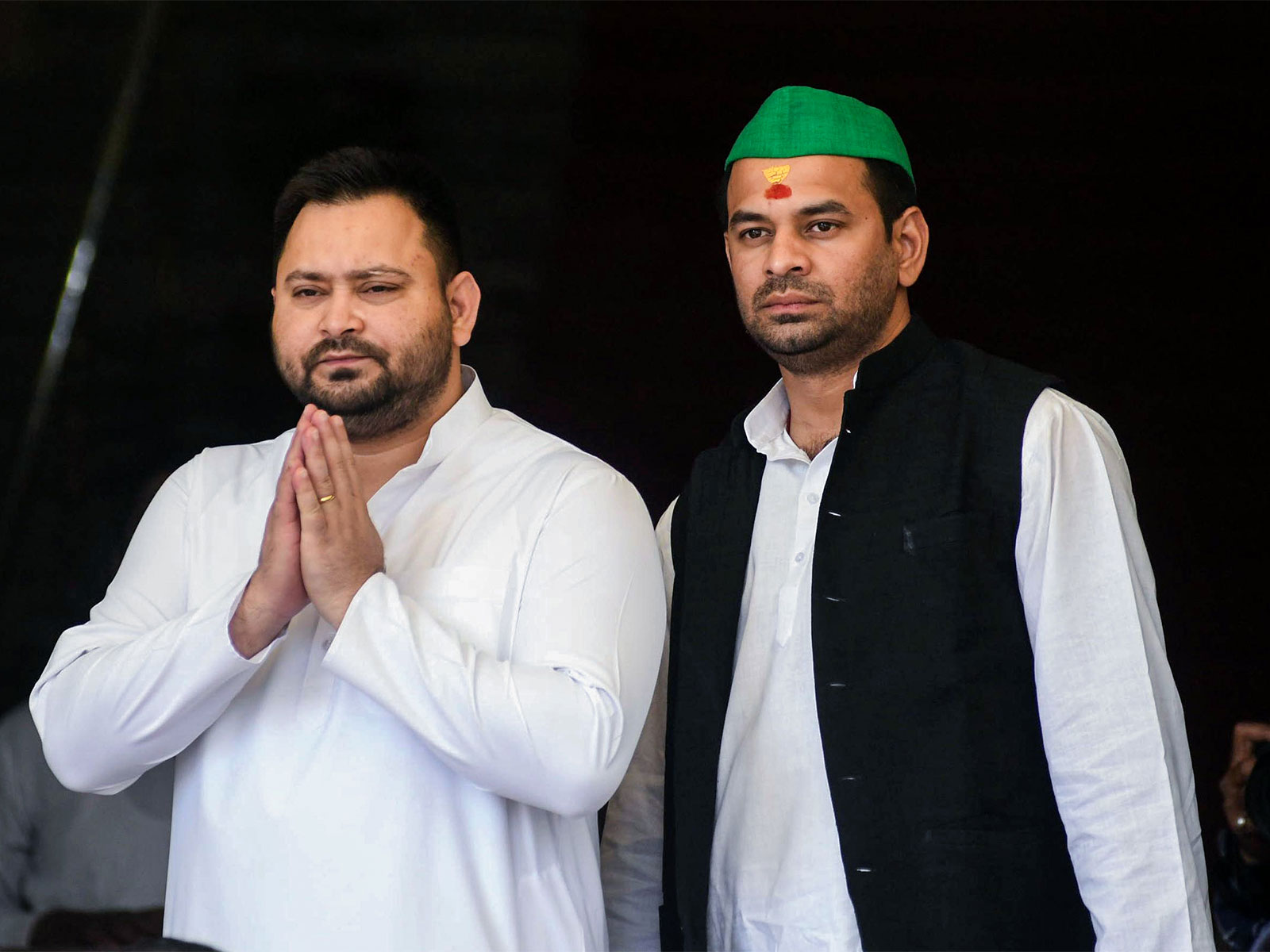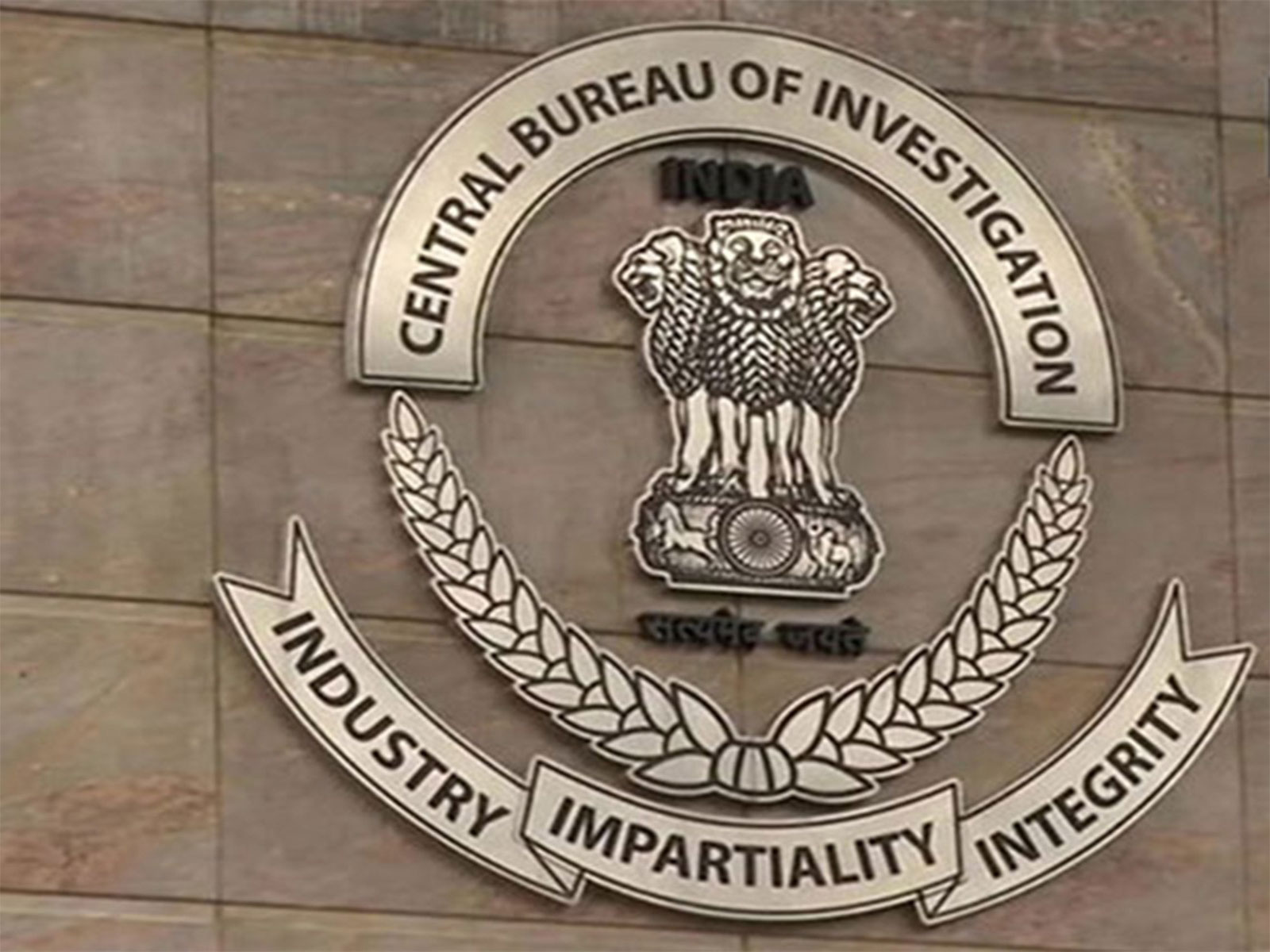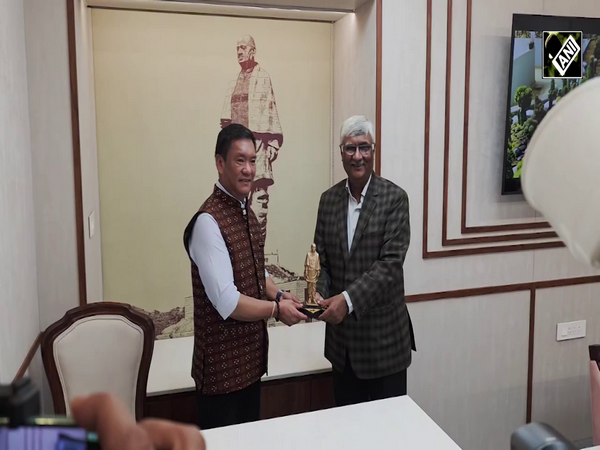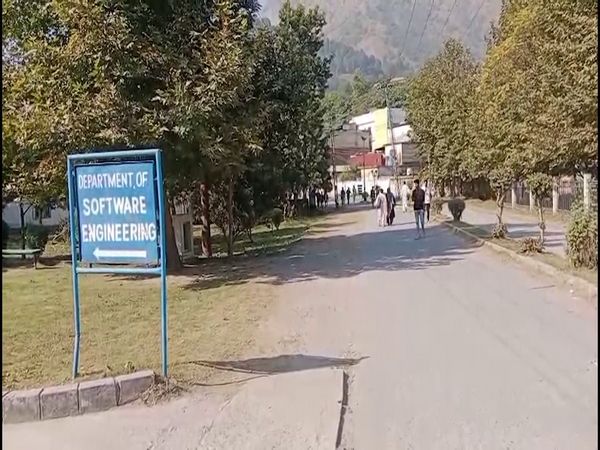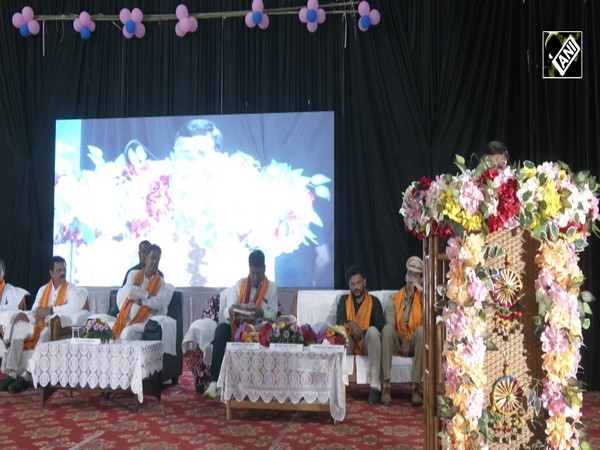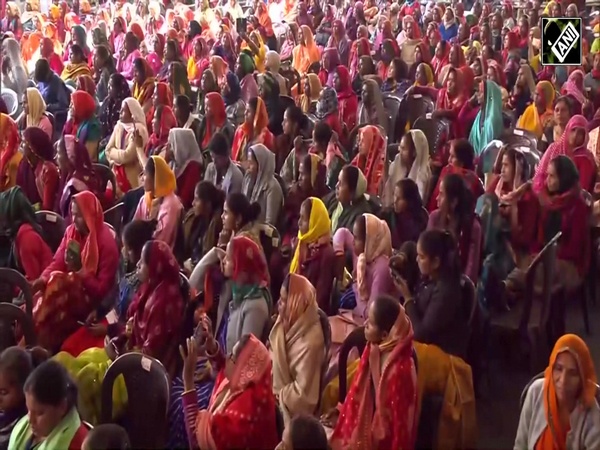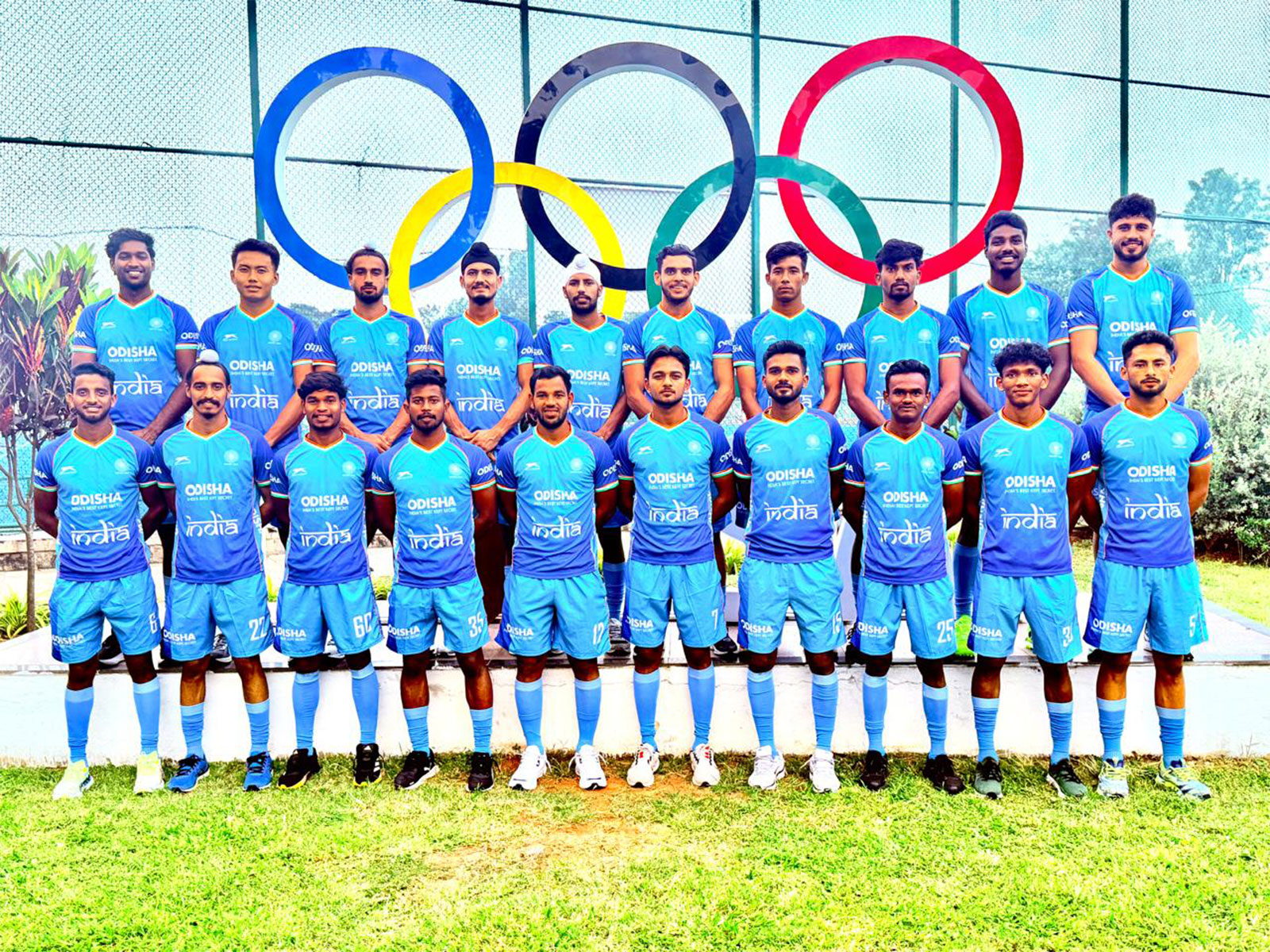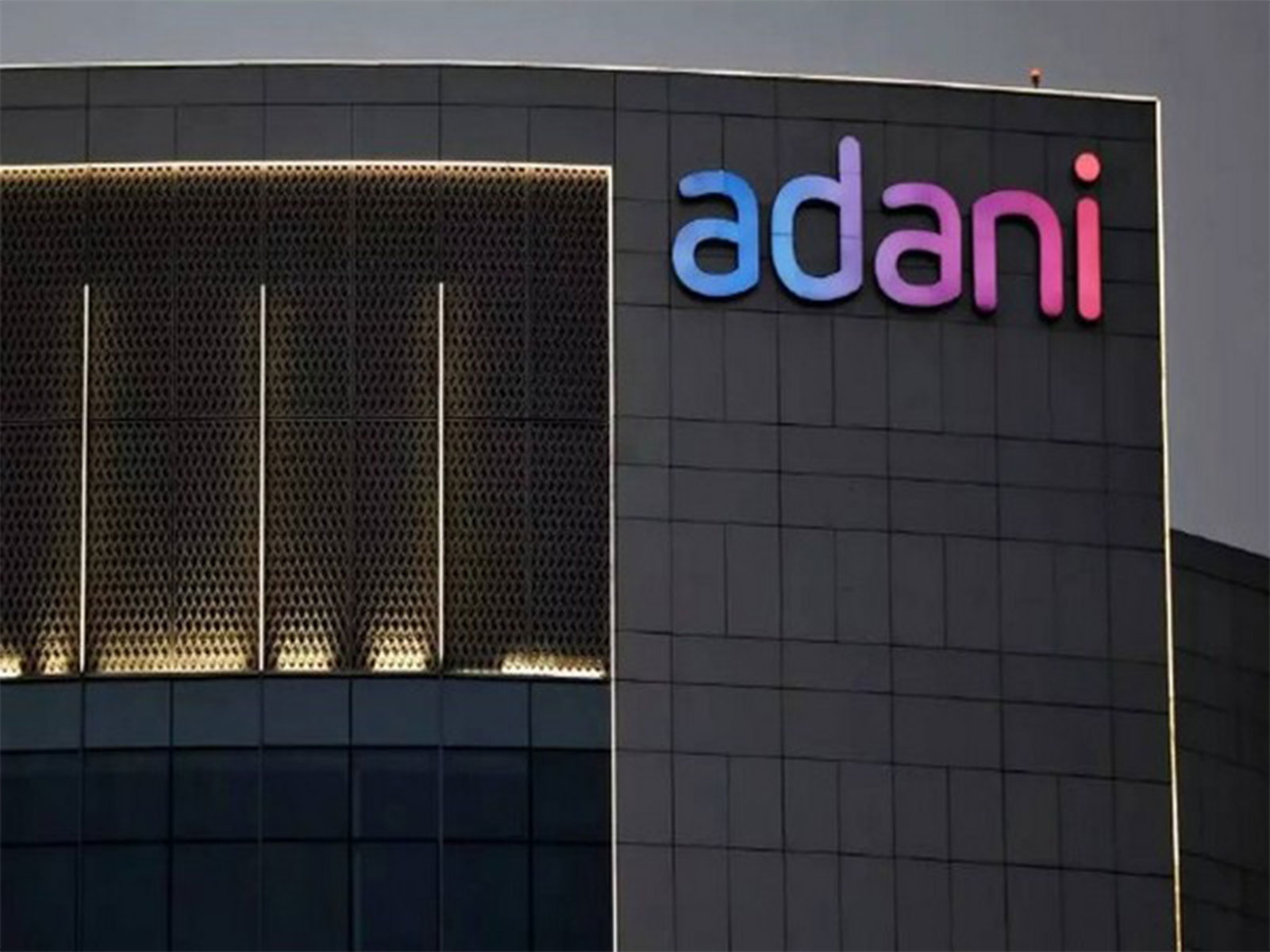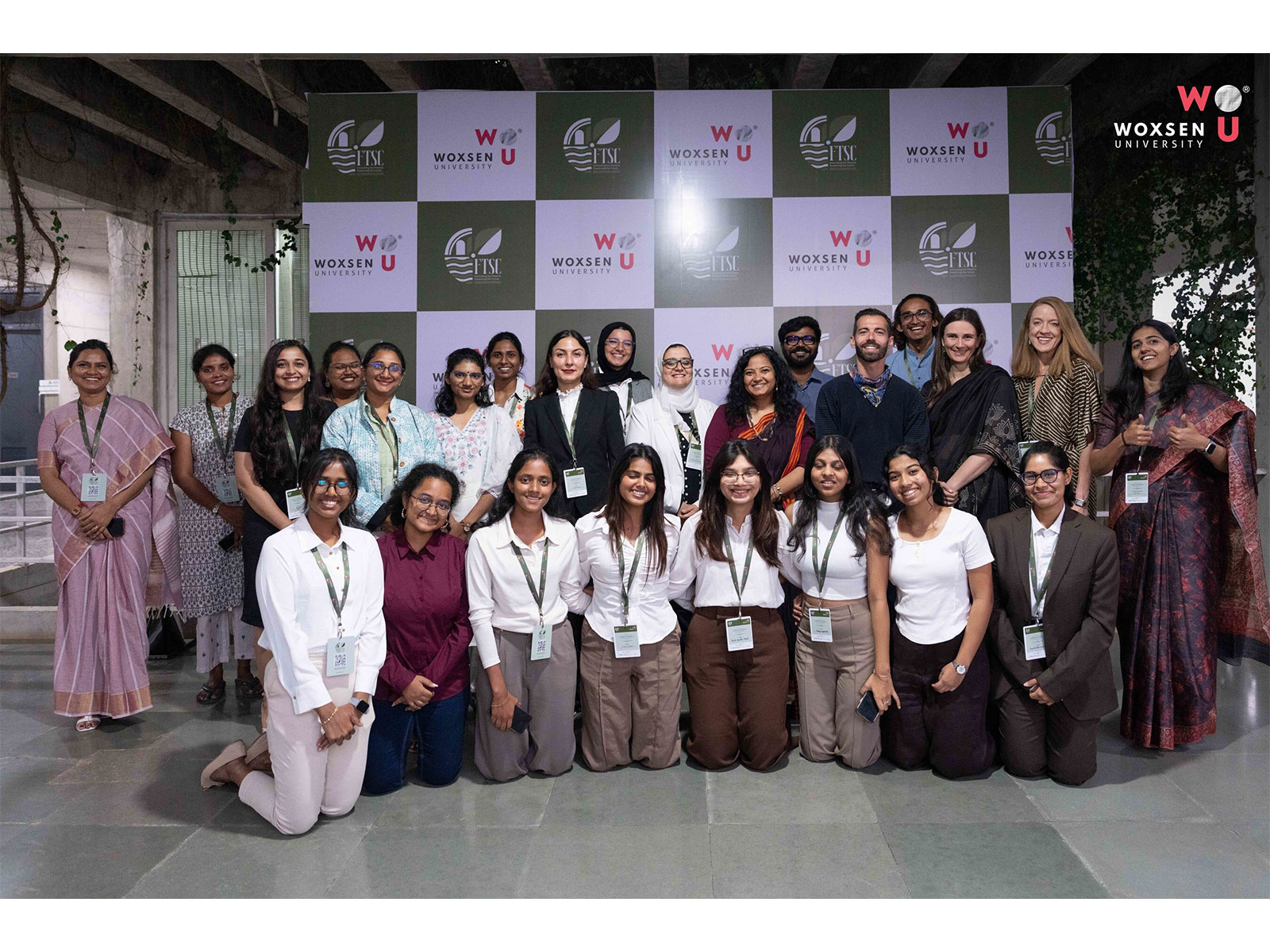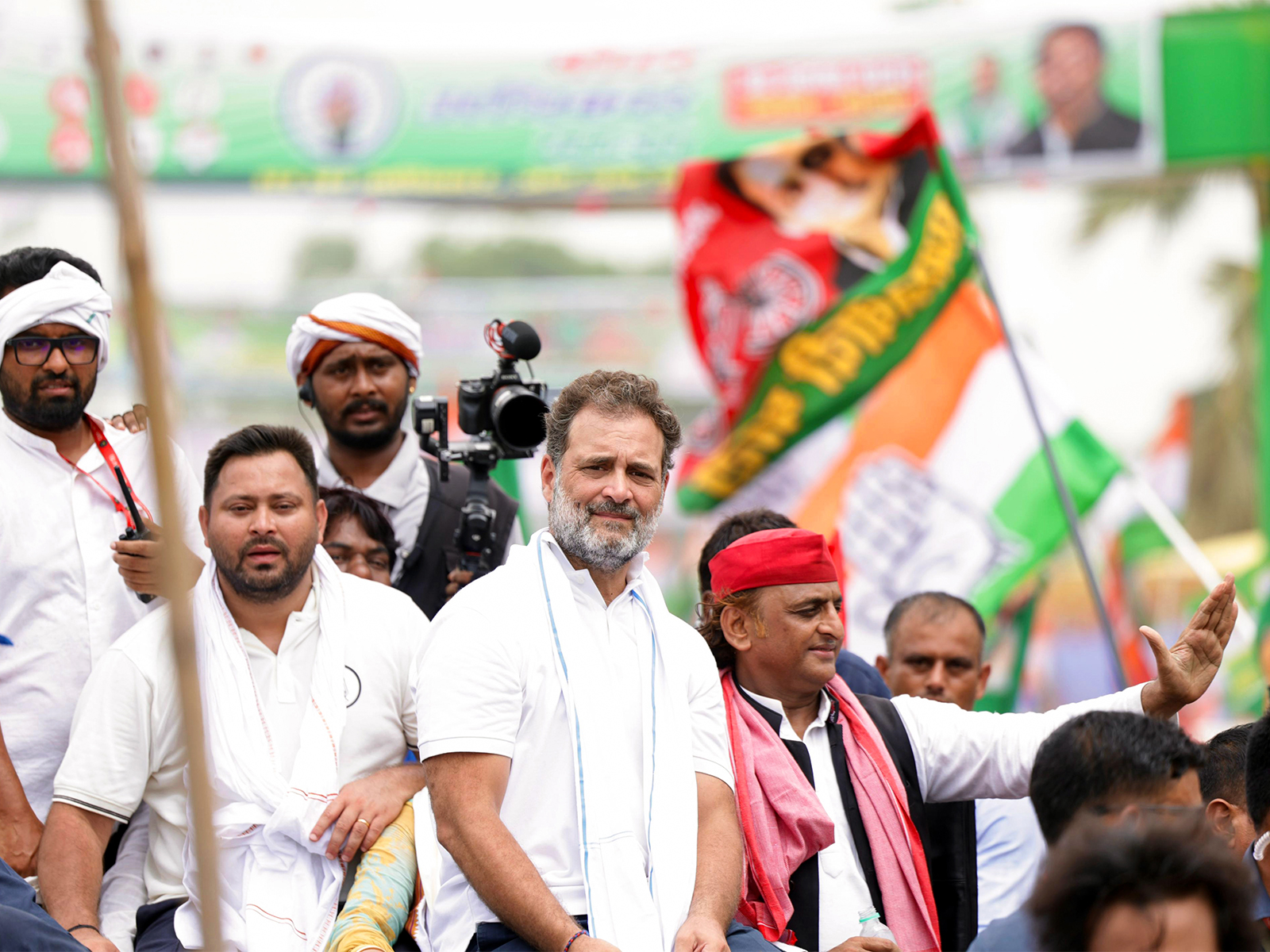
NDA's social engineering, welfare schemes trumps Gathbandhan's Vote Chori
Nov 14, 2025
By Vinay Sharma
New Delhi [India], November 14 : It has become increasingly clear that the National Democratic Alliance (NDA), which is mainly the Bharatiya Janata Party (BJP) and Janata Dal (United) duo, will win the people's mandate even as the results of assembly polls continue to come in.
Chirag Paswan and his party, Lok Janshakti Party (Ram Vilas), also played a key role in strengthening the ruling NDA in Bihar.
The election results trend may be disappointing for the opposition Mahagathbandhan, but they shouldn't come as a surprise or shock. Congress leader Rahul Gandhi carried out a 16-day 'Voter Adhikar Yatra' in an attempt to consolidate votes to oppose the Special Intensive Revision (SIR) exercise carried out by the Election Commission of India (ECI).
Gandhi has been alleging discrepancies in the revision of the electoral roll in Karnataka, Haryana, and Maharashtra, and his attempt to make it an election issue in Bihar was unsuccessful, given the projected mandate.
In other words, the crowd that Gandhi managed to pull to oppose the SIR issue didn't translate into votes for the opposition grand alliance. One reason is the failure of the opposition, especially Congress, to tap into deeper issues that concern people of Bihar.
In a considerably 'poor' state, the Bihar government announced Rs 10,000 for women under the Mukhyamantri Mahila Rozgar Yojana to provide them additional financial assistance, an amount which women voters could utilise to strengthen their self-help groups and other businesses.
The BJP-JD(U) duo was not merely contesting on welfare policies, which some may argue is part of the idea of populism. However, their populist narrative of highlighting differences between the common public and the "family elites" also indicates the success of the NDA and its campaign against "dynastic politics," which targeted Rahul Gandhi and Rashtriya Janata Dal (RJD) leader Tejashwi Yadav.
It would be a political mistake for the Mahagathbandhan to pin the election outcome solely on the Election Commission or the SIR exercise. In other words, there was a need for the RJD and Congress to introspect on the social alliances that the NDA has formulated.
Ultimately, the credit for the election results seemingly in favour of the NDA in Bihar must go to the fusion of the BJP's Hindutva and Nitish Kumar-led JD(U)'s Mandal politics.
The BJP, a party that consolidates the votes of upper castes, and JD(U), which keeps together non-landed Other Backward Classes (OBCs), have helped each other to maintain power in these assembly elections.
The social alliances within the NDA have been a necessary factor in the BJP-JD(U) combination's success in outpacing the opposition grand alliance. Although named as the grand alliance, the opposition coming together is significantly smaller compared to the NDA's consolidation of different communities, which are mostly non-Yadav (or non-landed) OBCs and upper castes.
Owing to the social alliances of the NDA, the Mahagathbandhan's naming Tejashwi as its Chief Ministerial candidate seems to have backfired.
Although Tejashwi as the CM face could have been beneficial in integrating the Muslim-Yadav votes, it may be argued that the non-landed OBCs and even upper castes, who could have voted for Congress, may have leaned towards the NDA in this assembly election.
The unclear and varying campaigns of both Congress and RJD have also contributed to public confusion, with Tejashwi largely focusing on projecting himself as the future Chief Minister, while Rahul Gandhi, along with other party leaders, made the elections all about an ideological critique of the BJP and RSS.
The missing local issues and caste considerations at the grassroot level in the assembly polls have contributed to such result trends.
The opposition also suffered blowback from attempting to sideline Nitish Kumar over his "fragile health". Instead, their campaigns should have focused on highlighting the anti-incumbency in Bihar.
The NDA is heading towards setting a new milestone in the 2025 Bihar elections, as it has crossed the 200-mark in the latest trends. The ruling alliance secured 206 seats in the 2010 elections and is once again poised to touch the same mark as it is currently leading at 203 seats, with both the BJP and JD(U) unanticipated performances.
